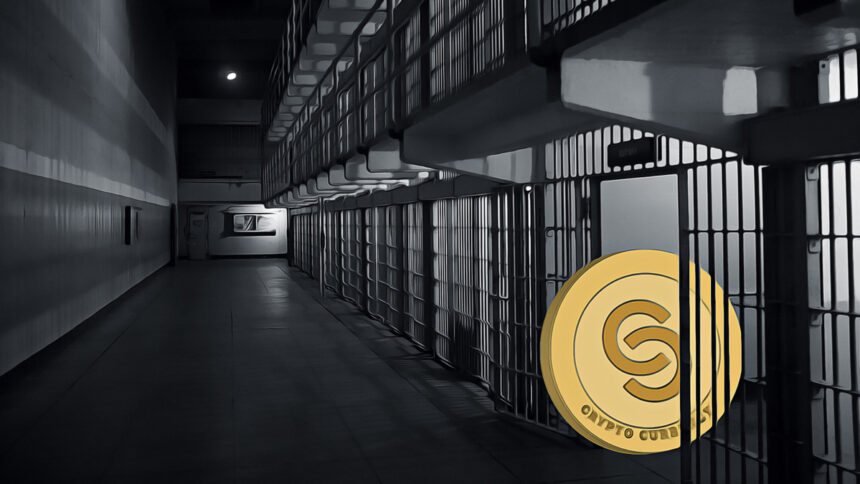Stuart Alderoty, Chief Legal Officer of Ripple  $2 Labs, criticized the U.S. Securities and Exchange Commission (SEC) for exaggerating its enforcement actions for 2024. Alderoty made these comments in a recent post on the social media platform X, arguing that the SEC’s annual assessment is fundamentally flawed.
$2 Labs, criticized the U.S. Securities and Exchange Commission (SEC) for exaggerating its enforcement actions for 2024. Alderoty made these comments in a recent post on the social media platform X, arguing that the SEC’s annual assessment is fundamentally flawed.
Concerns Over SEC’s Enforcement Actions
In his statements, Alderoty compared the SEC’s celebration of its record fines to a professor boasting about a high failure rate and significant cheating scandals. He emphasized that such metrics do not reflect success but indicate the failures within the oversight system.
“Celebrating registration penalties is not a success metric—it reveals substantial failures in oversight.”
The SEC reported conducting a total of 583 enforcement actions in the 2024 fiscal year, resulting in $8.2 billion in financial remedies, marking the highest amount in its history. Alderoty further highlighted that SEC Chairman Gary Gensler’s statements do not signify the effectiveness of their regulatory framework.
Gary Gensler’s Resignation
Last week, SEC Chairman Gary Gensler announced his resignation, which is viewed as a consequence of the agency’s approach to cryptocurrency regulations. Gensler stated that the Enforcement Division acts in accordance with facts and law to hold wrongdoers accountable.
“The results this year demonstrate our commitment to promoting the integrity of our capital markets.”
Ripple’s critiques question the impact of the SEC’s enforcement actions on the industry and the overall efficacy of the regulatory framework. As the SEC’s heavy penalties continue to exert pressure on financial markets, companies like Ripple argue that the enforcement measures exceed regulatory intentions.
The relationship between the SEC’s future actions and Ripple, along with other cryptocurrency firms, will remain pivotal in shaping the market landscape. The SEC’s regulatory strategies and Ripple’s responses are expected to play a significant role in the regulation of cryptocurrency markets.
The ongoing dynamic between Ripple and the SEC emerges as a critical factor in determining the future direction of cryptocurrency regulations.

 Türkçe
Türkçe Español
Español








